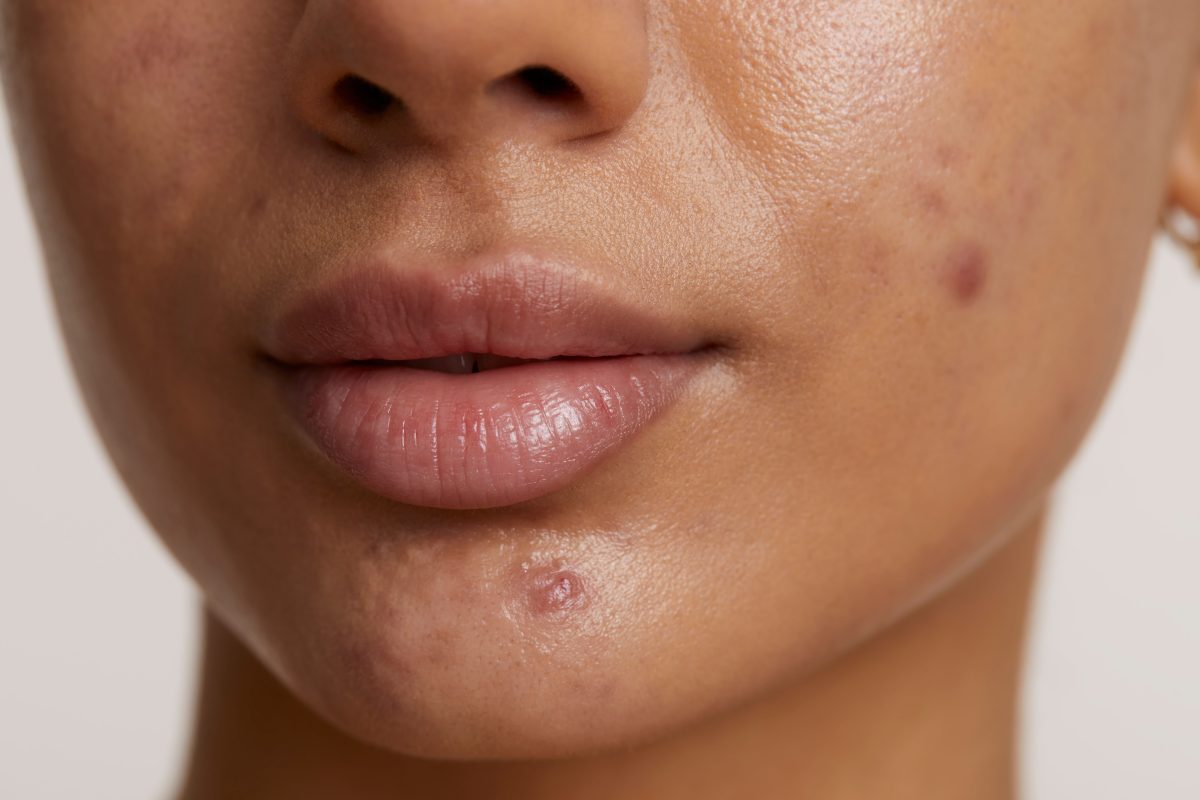Home » Acne News » Why Can Acne Come Back After Isotretinoin?
Why Can Acne Come Back After Isotretinoin?

If you’ve been through a full course of isotretinoin (also known by brand names like Roaccutane) only to see your acne return months later, you’re not alone.
While it’s one of the most effective treatments for severe acne, new research shows that relapse is more common than many of us realise, especially for women and younger patients.
So, what can increase the risk of your acne returning? And what can be done to improve long-term results?
What the research found
A large U.S. study analysed data from almost 20,000 patients with acne, who had completed at least four months of isotretinoin and were monitored for at least a year after their treatment finished.
Here’s what it found:
- 1 in 5 patients (22.5%) experienced relapse, meaning they needed another systemic acne treatment.
- 8.2% needed a second course of isotretinoin, also called a retrial.
- Women, younger patients, and those with body (truncal) acne were more likely to relapse.
- Higher total (cumulative) doses of isotretinoin reduced the risk of both relapse and needing another course.
- Daily dose wasn’t as significant if the total cumulative dose target was met.
Why cumulative dose matters more than daily dose
One of the key takeaways from this study is that it’s not about how high your daily dose is – it’s about how much isotretinoin you receive in total.
Hitting a cumulative dose of at least 120 mg/kg was associated with fewer relapses and fewer repeat treatments.
This means dermatologists might be able to tailor the daily dose to minimise side effects, if the overall amount taken over the course stays on target.
Why women are more likely to relapse, but less likely to repeat treatment
The study also found that female patients were more likely to experience acne relapse, often within six months of finishing isotretinoin treatment. However, they were less likely to start another round of isotretinoin.
Why? Researchers suggest that many female patients turn to alternative treatments like hormonal therapy (e.g. spironolactone) instead of going through isotretinoin again.
Dermatologist advice
Dr Lisa Byrom says these findings highlight the importance of hitting the right cumulative dose.
“In this large study, higher total doses of isotretinoin reduced the chance of acne coming back or needing another course,” she explains. “For patients who received at least 120 mg/kg in total, daily dose didn’t make a big difference – so treatment can be individualised.”
She adds: “Because women are more likely to relapse, it’s worth exploring alternative or maintenance therapies alongside or after isotretinoin, rather than relying on repeat courses.”
What this means for you
If you’re starting or considering isotretinoin:
- Understand that relapse is common, but correct dosing and planning can improve your long-term results.
- Talk to your dermatologist about your cumulative dose target and how long your course will need to be to reach it.
- If you’re female, discuss hormonal treatment options as a possible addition or follow-up, to help reduce the chance of relapse.
